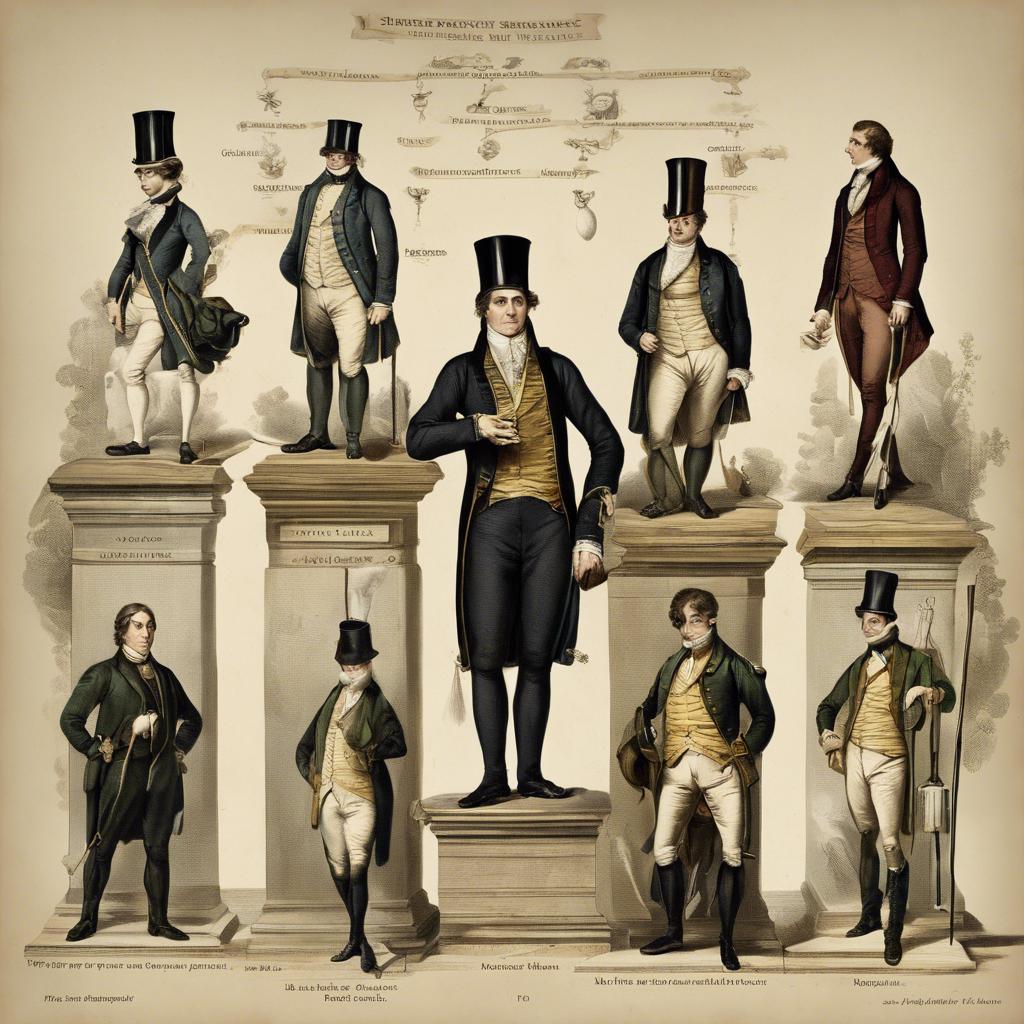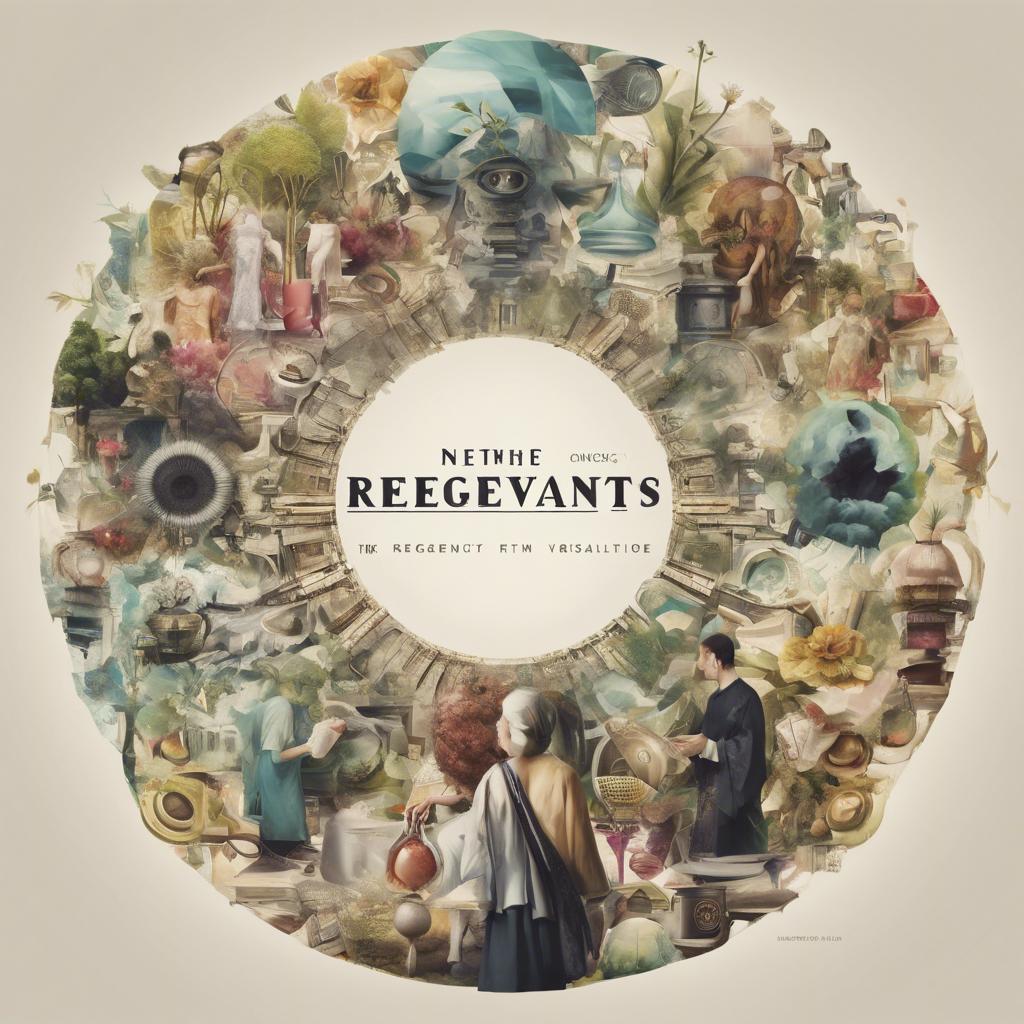In the illustrious era of the Regency period, the operation of noble households relied heavily on the tireless dedication and skill of a myriad of servants. From footmen to butlers, housekeepers to maids, these individuals were the indispensable backbone of the aristocratic lifestyle. In this article, we delve into the world of Regency servants, exploring their roles, duties, and the complex social hierarchy that governed their lives. Join us on a journey through the intricacies of this fascinating aspect of history.
Step Into the World of Cheryl Bolen
Dive into the enchanting stories of love, intrigue, and elegance set in the Regency Era. Cheryl Bolen's novels offer timeless romance and captivating tales that will leave you wanting more.
Explore Cheryl Bolen's Books Now
Roles and Hierarchy of Regency Servants
In a Regency household, the roles and hierarchy of servants were clearly defined and strictly adhered to. At the top of the hierarchy was the Butler, who was responsible for managing the household staff and overseeing the wine cellar. The Housekeeper, often a senior female servant, was in charge of the female staff and the overall cleanliness and organization of the house.
Below the Butler and Housekeeper were the Footmen, who served at table and attended to the needs of the family and guests. The Chambermaids were responsible for cleaning and maintaining the bedrooms, while the Valets attended to the personal needs of the male members of the household. The Cook and Kitchen Maids worked in the kitchens, preparing meals for the family and staff.
In addition to these key roles, there were also specialized servants such as the Coachman, who cared for the horses and carriages, and the Gardener, who tended to the grounds and gardens. Each servant had a specific role to play in the smooth running of the household, and their duties were carried out with precision and professionalism to ensure the comfort and well-being of the family they served.
Training and Skills Required for Regency Servants
Regency servants were expected to possess a certain set of skills and undergo specific training to excel in their roles within the household. These individuals were responsible for maintaining the smooth operation of the household and attending to the needs of their employers. Some of the essential skills required for regency servants included:
- Excellent communication skills to interact with other servants and the family members
- Knowledge of proper etiquette and behavior expected in regency society
- Ability to perform household tasks efficiently, such as cooking, cleaning, and laundry
- Understanding of the hierarchy within the household and how to navigate it
| Name | Training | Skills |
|---|---|---|
| Footman | Formal apprenticeship | Ability to serve food and drinks |
| Housekeeper | Years of experience | Organization and leadership |
regency servants were expected to be discreet, loyal, and dedicated to their duties. They often received on-the-job training from more experienced servants and learned through observation and practice. By honing their skills and knowledge, regency servants played a crucial role in maintaining the smooth running of a regency household.
Duties and Responsibilities of Regency Servants
In the Regency era, servants played a crucial role in maintaining the smooth running of aristocratic households. The duties and responsibilities of these dedicated individuals were varied and demanding, requiring a high level of skill and dedication. Below are some of the key tasks that regency servants were expected to perform:
- Housekeeping: Ensuring the cleanliness and tidiness of the entire household, including dusting, sweeping, and organizing.
- Meal preparation: Assisting the cook in preparing and serving meals for the family and guests, as well as ensuring the dining room was set up correctly.
- Personal service: Attending to the needs of the family members, such as drawing baths, dressing them, and running errands as required.
Additionally, regency servants were expected to uphold the strict etiquette and social norms of the time, always maintaining a respectful and discreet attitude towards their employers. They worked long hours with little time off, but their hard work was essential for the smooth running of the household.
| Position | Salary |
|---|---|
| Housekeeper | £50 per year |
| Footman | £35 per year |
| Cook | £60 per year |
Maintaining Professionalism and Etiquette as a Regency Servant
is of utmost importance in order to uphold the standards of the household. As a servant in the regency era, it is essential to always conduct oneself with the utmost decorum and respect towards both superiors and fellow servants. This includes following proper protocols, observing hierarchy, and always showing deference to those of higher rank.
One key aspect of professionalism as a regency servant is impeccable personal grooming. This includes ensuring that your uniform is clean and neatly pressed at all times, as well as maintaining good personal hygiene. Additionally, it is important to address others with the proper titles and show courtesy and politeness in all interactions. Remember to always use proper language and refrain from engaging in gossip or inappropriate behavior.
In addition to personal conduct, it is also important for regency servants to excel in their duties and responsibilities. This means being diligent, efficient, and attentive to the needs of the household. Whether it is serving meals, attending to guests, or carrying out tasks assigned by superiors, always strive for excellence in all that you do. By demonstrating professionalism and etiquette in every aspect of your work, you will not only earn the respect of those around you but also contribute to the smooth running of the household.
Concluding Remarks
the role of regency servants was essential in maintaining the daily operations and the prestigious image of the households of the aristocracy during the Regency era. These dedicated individuals performed a wide range of duties with utmost loyalty, professionalism, and grace, contributing significantly to the smooth running of their employers’ homes. Today, the legacy of regency servants serves as a reminder of the intricate social hierarchies and traditions of a bygone era. Their contributions should be acknowledged and remembered as an integral part of the rich history of the Regency period.


